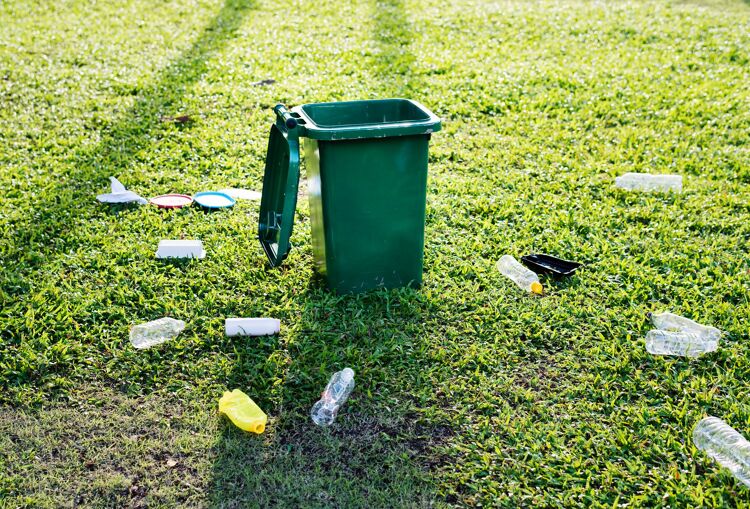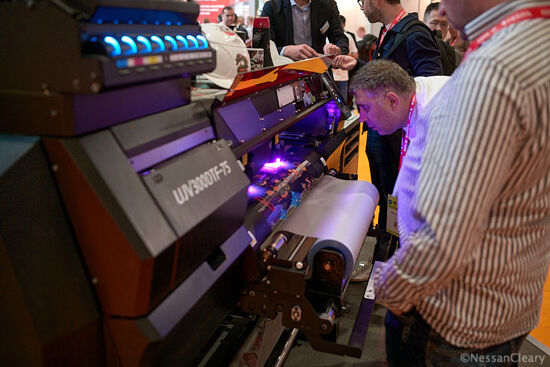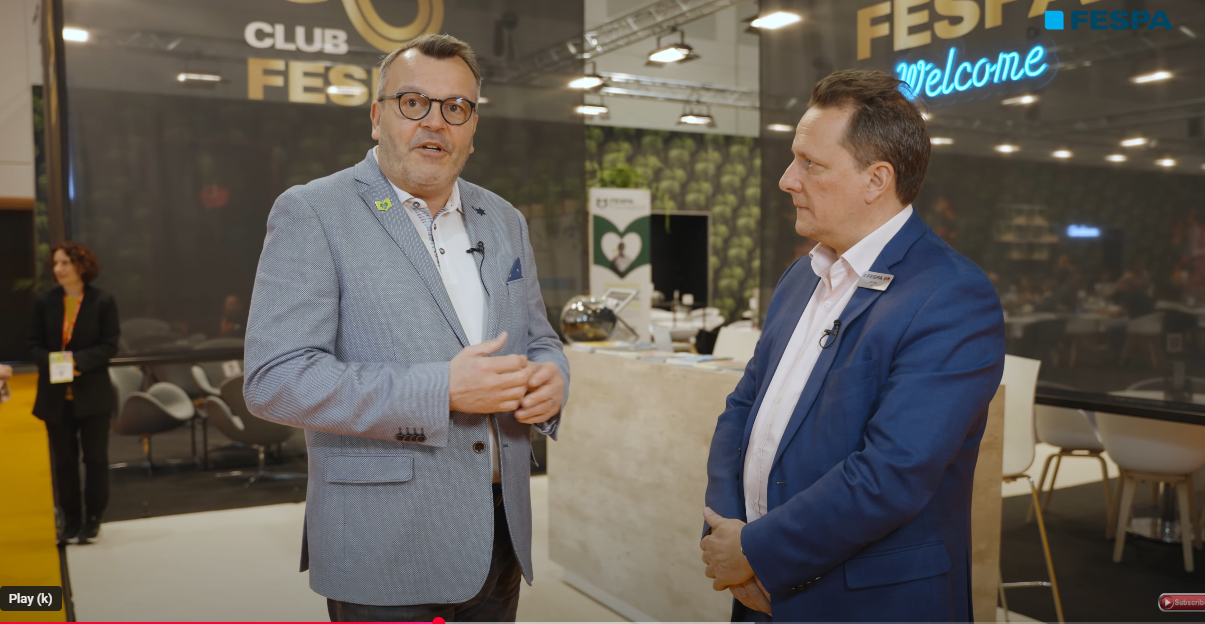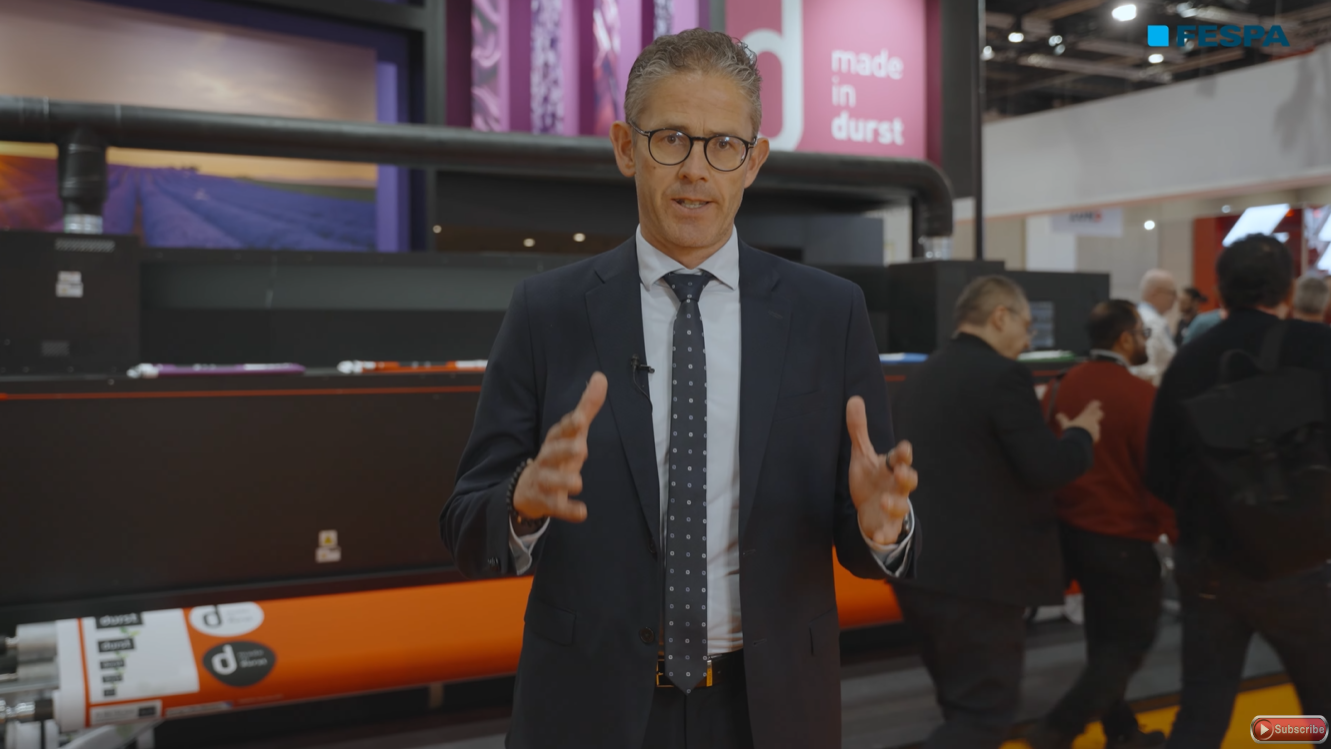Unilever and Veolia partner to improve recycling infrastructures

Laurel Brunner discusses the partnership between Unilever and Veolia who are looking to monetise waste more efficiently to improve recycling processes for plastics recycling and recovery.
After several years of environmental dithering, things are beginning to progress and change. One of the world’s largest corporations, Unilever has signed a significant deal with Veolia. Veolia offers services to local governments in water, waste, transport and energy management. Unilever is working with Veolia to better local recycling infrastructures, particularly for plastics recycling and recovery.
Sorting waste for subsequent processing is one of the most difficult issues to solve. Plastics are challenging because there are so many different kinds. Currently, there are technologies that can manage some of the reprocessing in waste handling facilities. However, process efficiency starts with consumers and effective local recycling infrastructures. Unfortunately, consumers receive mixed messages about which plastics can and can’t be recycled in their region. Therefore, they are unavoidably inconsistent in their efforts. Unilever and Veolia’s partnership could potentially lay the foundations for substantial local improvements that support consumers and plastics recycling more efficiently. It is evident that integrated recycling and recovery requires leadership and practical commercial partnerships for waste sorting and processing.
Integrated waste management and recycling infrastructures are complex, pricey to develop and politically sensitive. However, as the value in waste recovery begins to be recognised, a whole business is growing up around extracting value. Plastic waste can be either recycled or reused, but the entire process must turn a profit or at least break even. This is exactly what Unilever and Veolia are exploring through their initiative.
The two organisations have a 3-year arrangement to conduct numerous pilot projects to determine how to improve the efficiency of existing waste collection systems. They will consider how to improve plastic waste collection and recycling infrastructures to create local circular economies that stop plastics getting into the wider environment. The project will commence in India and Indonesia where waste collection is informal. If all goes according to plan, the pilots will extend to other locations. Unilever and Veolia would like their model to be applicable anywhere and for any type of waste.
This partnership supports Unilever’s existing commitments to sustainable packaging and is a big step. It recognizes the shared responsibility amongst the sources of plastic packaging waste and waste handlers to work locally to manage the value chain more efficiently. At the moment, only 14% of plastic packaging is collected for recycling and around 75% ends up either in landfill or is lost in the environment. If Unilever and Veolia can determine how to monetise waste more effectively then these numbers should change drastically and rapidly.
Source: This article was produced by the Verdigris project, an industry initiative intended to raise awareness of print’s positive environmental impact. This commentary helps printing companies keep up to date with environmental standards, and how environmentally friendly business management can help improve their bottom lines. Verdigris is supported by the following companies: Agfa Graphics, Spindrift.click, EFI, FESPA, HP, Kodak, Kornit Digital, Ricoh, Splash PR, Unity Publishing and Xeikon.
Topics
Interested in joining our community?
Enquire today about joining your local FESPA Association or FESPA Direct
Recent news
.png?width=550)
How to leverage Adobe PDF Print Engine for efficient, high-quality printing
We speak to Mike Scrutton Director of Print Technology & Strategy at Adobe at the FESPA Global Print Expo 2025 in Berlin about the Adobe PDF Print Engine for commericial print production.

The latest innovations in DTF printing
The Direct-to-Film (DTF) market is experiencing significant growth, with major printers now offering dedicated solutions. Beyond the traditional textile applications, there's a notable expansion into UV DTF technology, allowing for heat-free application to various objects. This evolution, alongside advancements from companies like Epson, Roland, Brother, and Ricoh, indicates DTF's continued diversification and increasing appeal for diverse printing needs.
.png?width=550)
Personalisation Experience 2025 - Overall Highlights
Personalisation Experience 2025 saw the meeting of global visionaries exploring the opportunities of smart manufacturing and personalisation in print through on-demand digital technologies.
.png?width=550)
How to streamline 5-meter textile printing with the Durst P5 500 Tex iSub
We speak to Christian Harder, VP of Sales at Durst at the FESPA Global Print Expo 2025 in Berlin.